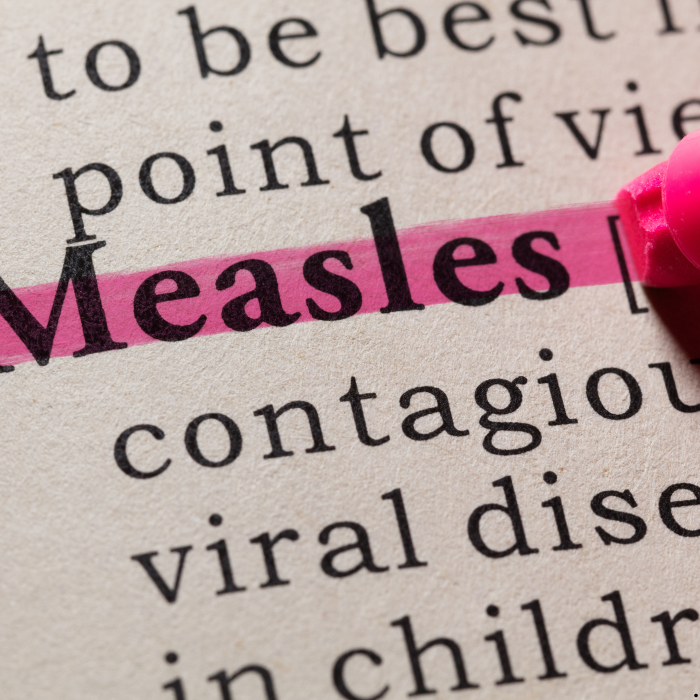Protecting pregnant mama and pēpē from pertussis

Pertussis vaccinations are free and so important for hapū mama and young children.
%20(480%20%C3%97%20300%20px)%20(1600%20%C3%97%20400%20px)%20(960%20%C3%97%20360%20px)%20(480%20%C3%97%20300%20px)%20(1).png)
Pertussis vaccinations are free and so important for hapū mama and young children, says Nikki Turner, Medical Director of the Immunisation Advisory Centre.
"We need to be aware that coughing and sneezing may not just be a cold, or even COVID, but could be Pertussis (whooping cough), which is circulating in our communities now, and today’s sad news of two deaths reminds us we need to be careful. Our thoughts and aroha are with the families today," says Nikki Turner.
Pertussis is a highly contagious respiratory disease that can be particularly serious for young children and babies. It causes a paroxysmal cough (bouts of coughing) that can make the person go red in the face with the cough, sometimes struggle to breath, vomit with it or at times may lead to a whoop sound. The cough can last up to 3 months. It is particularly severe in young infants who can struggle to breath, go blue or get bleeds from coughing so much.
"The good news is that you can protect yourself and your children with vaccination. Having a Boostrix vaccine during pregnancy will provide babies with protection for the first few months of their lives, and ensuring young children they have their National Schedule immunisations on time at 6 weeks, 3 months, and 5 months (DTaP vaccine) will provide further protection against Pertussis," says Nikki Turner.
Those most at risk of serious disease are infants under 12 months of age. Around half the babies who catch pertussis before the age of 12 months require hospitalisation and 1 or 2 in 100 of those hospitalised die from pertussis infection. Severe coughing can temporarily stop the oxygen supply to the brain (hypoxia). In around 2 in 1,000 children pertussis leads to permanent brain damage, paralysis, deafness or blindness. Secondary infections such as pneumonia and ear infections can occur.
Many pregnant people are unaware they can get a vaccine that will protect their new-born infant against this awful disease for those early months before they get protection from their own immunisation events. Infants who do not receive on-time doses of pertussis-containing vaccine at the scheduled times of 6 weeks, 3 months, and 5 months are around five times more likely to be hospitalised with pertussis than those babies who are vaccinated on time..
"Anyone with a respiratory illness should stay away from young babies as a general rule, and the presence of Pertussis in our communities makes this even more important. Pertussis is always in our community but we see epidemic surges every 3-5 years. The last epidemic was in 2018 and it looks like we may be starting to see the rise in rates again now. Lets protect our infants now," says Nikki Turner.





.png)
.png)

